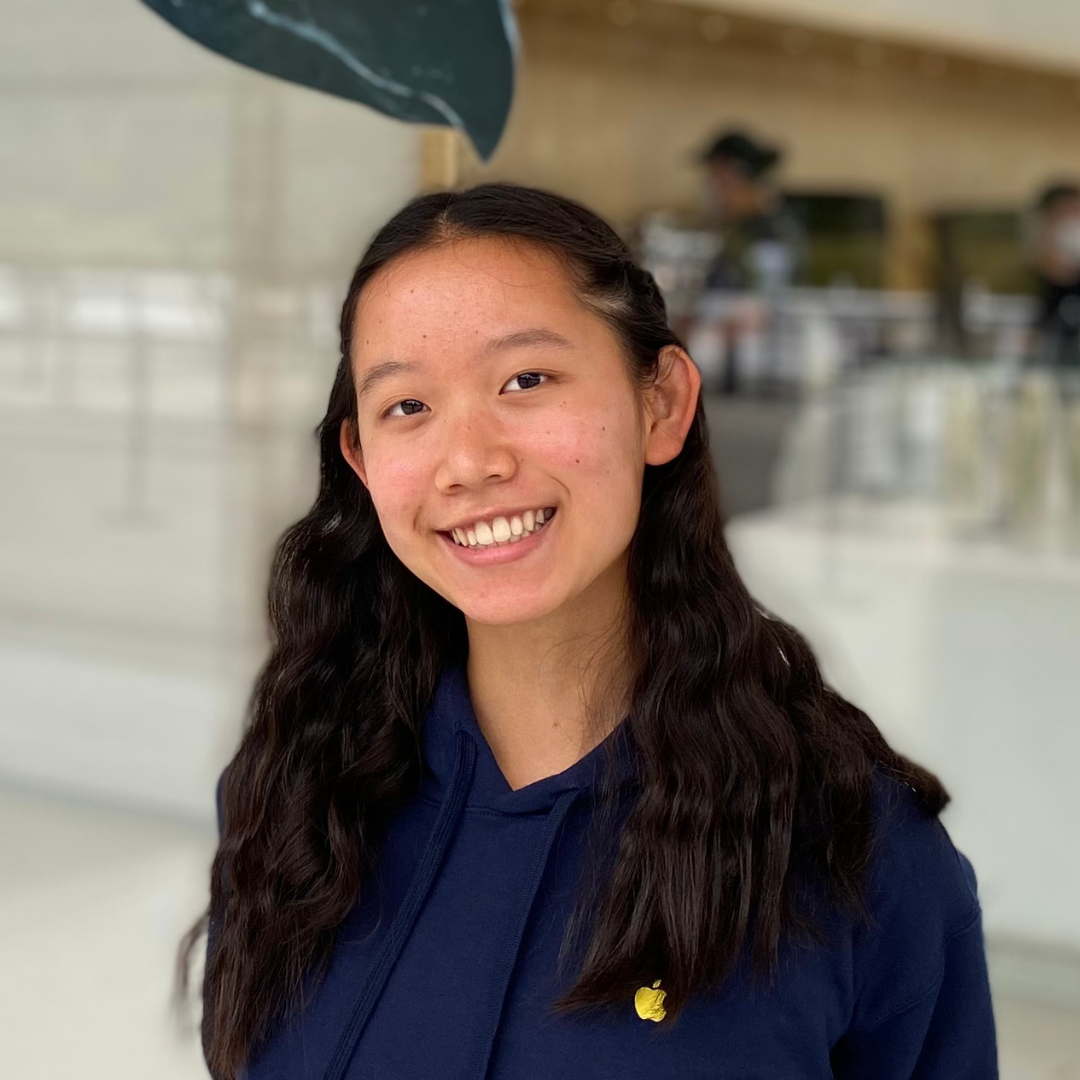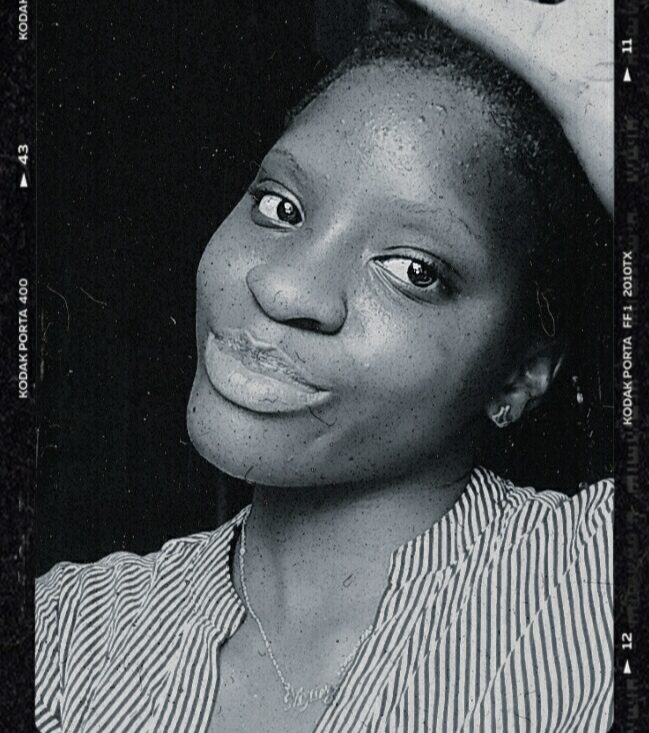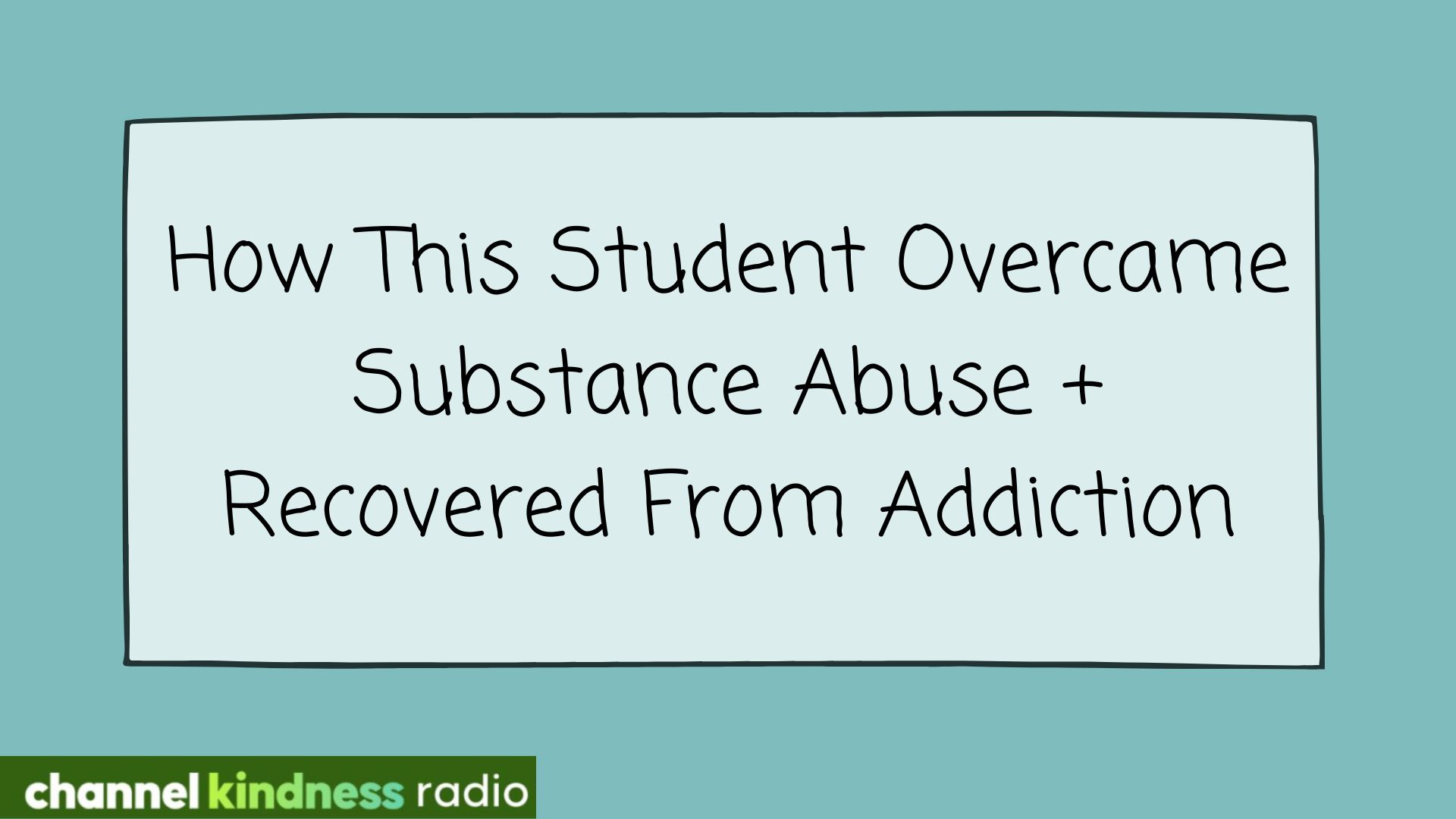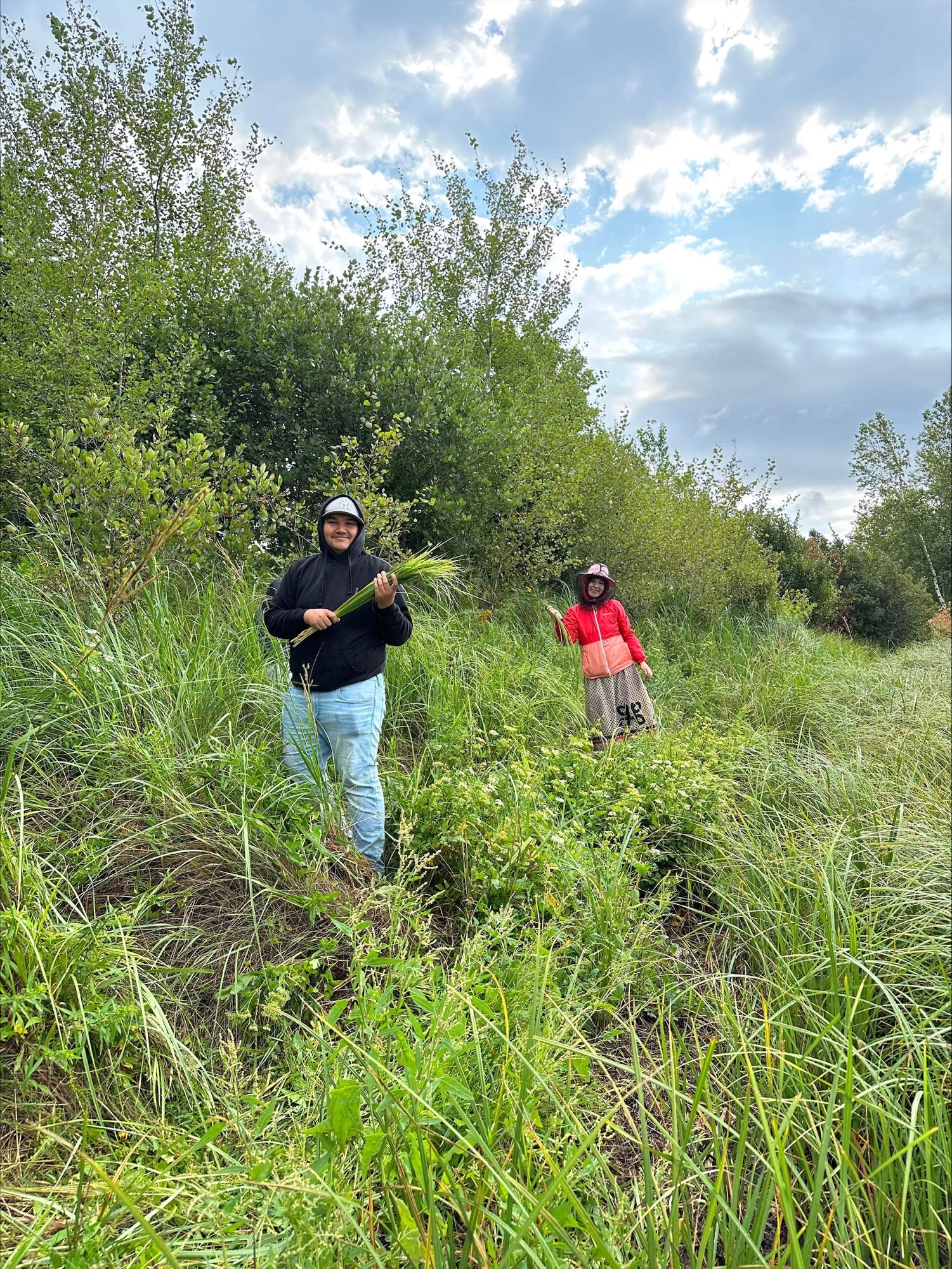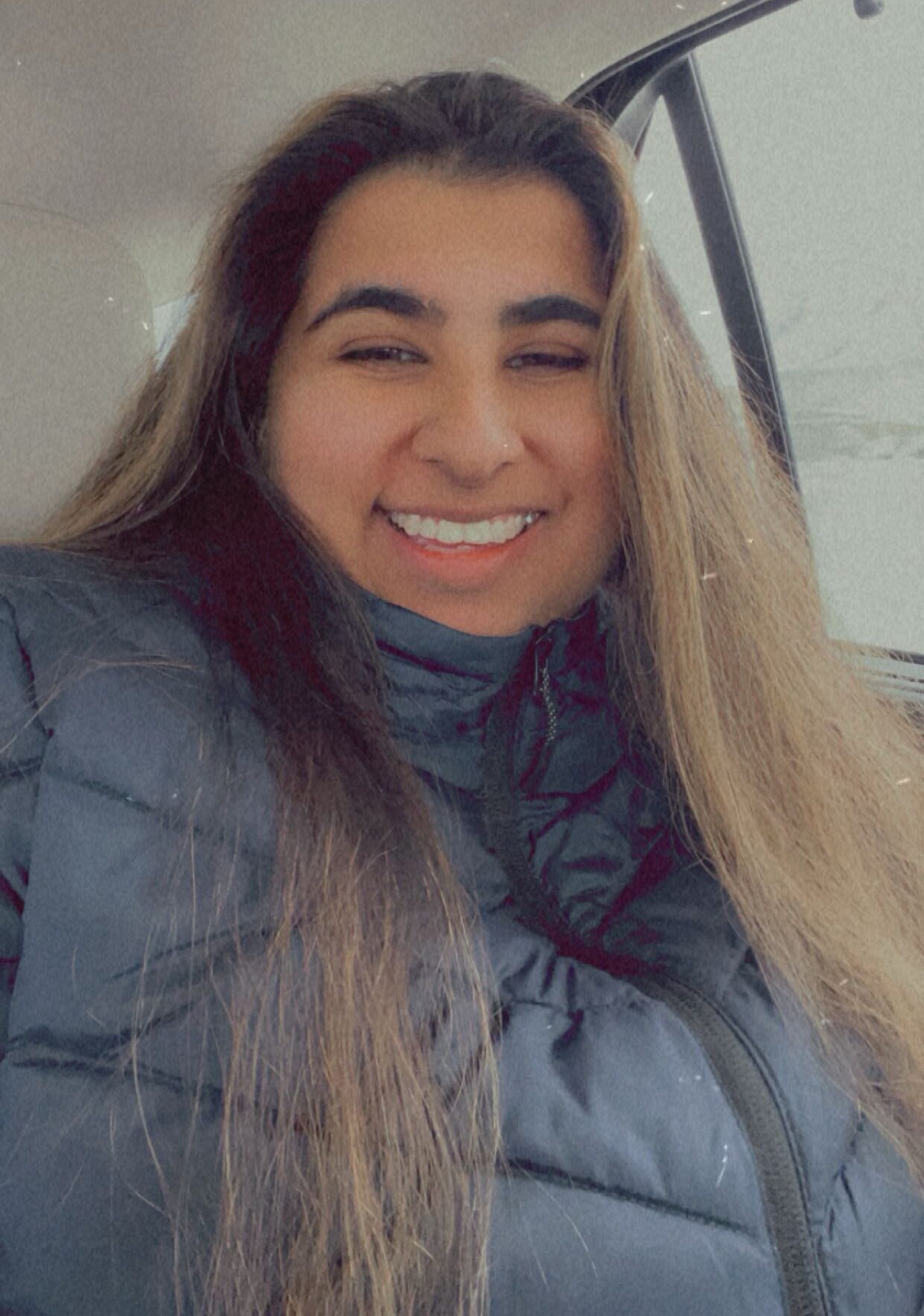On the rainy morning of February 20th, I walked into Youth UpRising’s building in Oakland, greeted with smiles and Be Kind shirts. It was so wonderful to see many familiar faces and new friends as well. Next to me was Emily Flores, the co-moderator for the panel and my fellow Born This Way Foundation youth advisor. Even though I was nervous, as this was my very first in-person panel, I had a great feeling this was going to be a powerful discussion about youth mental health in California. Spoiler alert: it was.
Before our attendees arrived, we ran through the structure of our event. Coincidentally, many of us were wearing boots: cowboy boots, leather boots, knee-length boots, you name it!
Soon after the room was packed, the energy in the room was warm and inviting. Senator Butler gave her remarks and Nia Lewis, a local poet, delivered her resounding poem about social anxiety to set the tone for the panel.
When it came time to go onstage, our conversation flowed into one another (despite some microphone issues), and before I knew it, our panel was wrapped up. It was such a fruitful conversation, as we talked about how awareness of mental health was growing, however, the greatest challenge now is bridging the access to mental health care. The number of people who could benefit from professional mental health services greatly outpaces the number of therapists available to help. Even for those who can access care, accessibility for diverse individuals, such as LGBTQIA+ or wheelchair users, is another issue. 
As someone who is still in high school (as of writing), I brought up the idea of incorporating mental health education at a younger age. Among my peers, I have noticed mental health is taught starting in high school, but mental health conditions may develop significantly earlier. We talked about how the Be There Certificate is a wonderful resource that is free and accessible for anyone who wants to understand how to help someone else’s mental health or their own mental health.
One community member brought up the challenges of retaining youth and meeting the needs of their young people in their in-person mental health space after the pandemic. Born This Way Foundation’s Kindness in Community grant aims to solve that problem, by providing funding to organizations to support the unique challenges youth face in local communities.
We were only getting started during this town hall, we still had much more to do and share. I believe it is through these events that we can discuss how to incite meaningful change. I left the event feeling even more energized and hopeful for the future of youth mental health.




